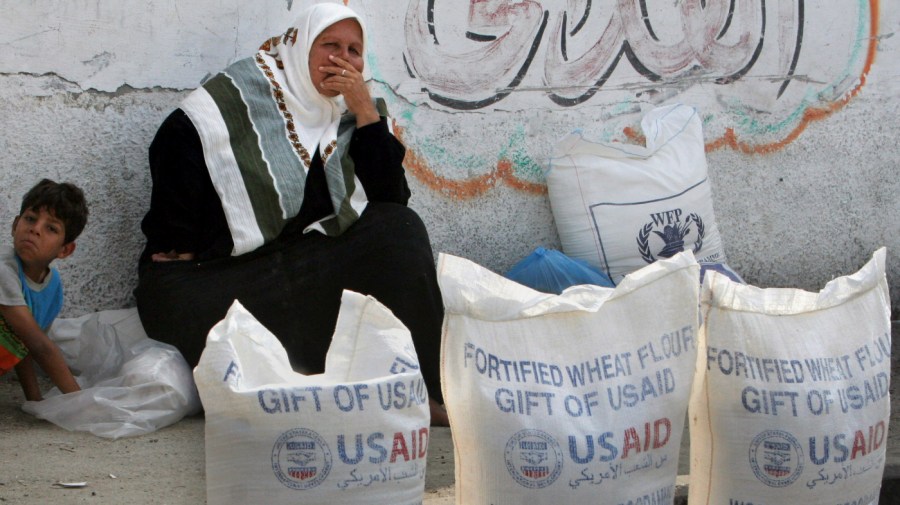On Monday, Israel’s Knesset enacted a significant law prohibiting operations by the United Nations Relief and Works Agency for Palestine Refugees in the Near East (UNRWA) within Israeli territory. The legislative move, receiving overwhelming backing from lawmakers with a vote of 92 in favor and 10 against, underscores a strategic shift in Israel’s stance toward UNRWA. The Knesset’s announcement confirmed that UNRWA activities would be halted, marking a decisive step in Israel’s ongoing contention with the agency, which has been central to Palestinian refugee assistance since its establishment in 1949.
In addition to the ban on UNRWA activities, the Knesset also passed a law that could potentially sever diplomatic relations between Israel and the agency. This legislative package signals a broader intention to re-evaluate Israel’s partnership with UNRWA, which has faced scrutiny due to allegations of harboring personnel linked to militant groups. According to the Associated Press, these new laws could take effect within three months following notification from Israel’s foreign ministry to the United Nations. Israeli authorities have indicated that they will continue to assess the humanitarian implications of these policies as they develop.
Prime Minister Benjamin Netanyahu emphasized the necessity of holding UNRWA workers accountable for any involvement in terrorism while assuring that humanitarian assistance would continue for civilians in Gaza. His administration is poised to collaborate with international partners to ensure the delivery of aid does not compromise Israel’s security needs. Netanyahu’s statements reflect a delicate balance between national security interests and humanitarian obligations, underscoring the complexities of governance in a region marked by conflict and humanitarian challenges.
Philippe Lazzarini, UNRWA’s Commissioner-General, responded critically to the Knesset’s actions, labeling the vote “unprecedented” and dangerous. He argued that this decision contradicts the UN Charter and undermines Israel’s commitments under international law. Lazzarini’s remarks highlight the growing tension between Israel and international institutions, as well as a broader campaign to undermine UNRWA’s credibility and its critical role in providing services to Palestinian refugees. His response reinforces UNRWA’s position as a vital player in the humanitarian ecosystem, despite the challenges posed by its operational environment.
This legislative change by Israel could have profound implications for the humanitarian landscape in the region, especially in Gaza, which relies heavily on UNRWA for aid and services. The move is being closely monitored by various stakeholders, including humanitarian organizations, foreign governments, and the United Nations, all of whom are concerned about its potential to exacerbate an already dire humanitarian crisis. Disrupting UNRWA’s operations may lead to a significant increase in hardship for the Palestinian communities it serves, raising urgent questions about the future of humanitarian support in the context of ongoing Israeli-Palestinian tensions.
The passage of these laws is indicative of a broader trend within Israeli politics, reflecting a growing skepticism of international organizations and a more hardline approach to issues surrounding national security and sovereignty. As the situation evolves, it will be essential to observe how these legal changes translate into practice, particularly their effects on the delivery of humanitarian aid and the broader geopolitical landscape. The balance between security and humanitarian imperatives remains a pivotal challenge for Israel and the international community in these contentious times.

